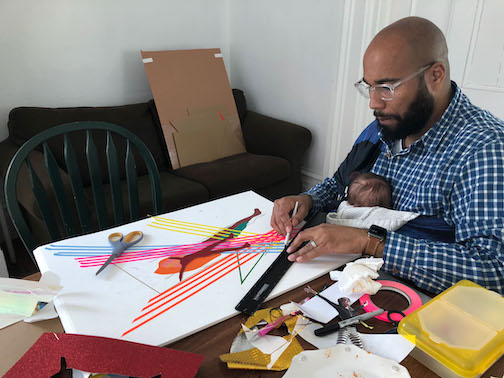Artist Communities Alliance (ACA) is committed to making its programs and events accessible to all.

This means:
- All virtual programs are captioned using AI software.
- Virtual conversations that encourage audience interaction and dialogue are live-captioned and ASL interpreted.
- In-person events, like the Annual Conference and Emerging Program Institute (EPI), take place in wheelchair-accessible venues.
- Additionally, we offer live captioning via CART services and ASL interpretation for keynotes and plenary sessions, PDF versions of all conference materials, and access to volunteer personal assistants.
ACA is committed to building environments where any artist or staff member can thrive — accessibility is central to this work.
Through research, accessibility resources, and advocacy work we support:
- Artist residencies in serving Deaf and disabled artists and audiences, and being better equipped to advance accessibility across programs, facilities, policies and processes.
- Artists with disabilities and Deaf artists in having access to an expanded network of opportunities — and being well-served by these experiences.
- Funders and other stakeholders in understanding how artist residencies are currently supporting accessibility and the importance of greater funding to implement this work.
Thank you to 3Arts and the National Endowment for the Arts' Office of Accessibility for ongoing guidance in ACA's efforts to improve our accessibility.
For additional accessibility inquiries and requests for ACA programming,
please submit a request 5 business days in advance.
Contact Crystal Sasaki at csasaki [at] artistcommunities.org
Currently, we maintain a list of wheelchair accessible member programs that can be found here.
